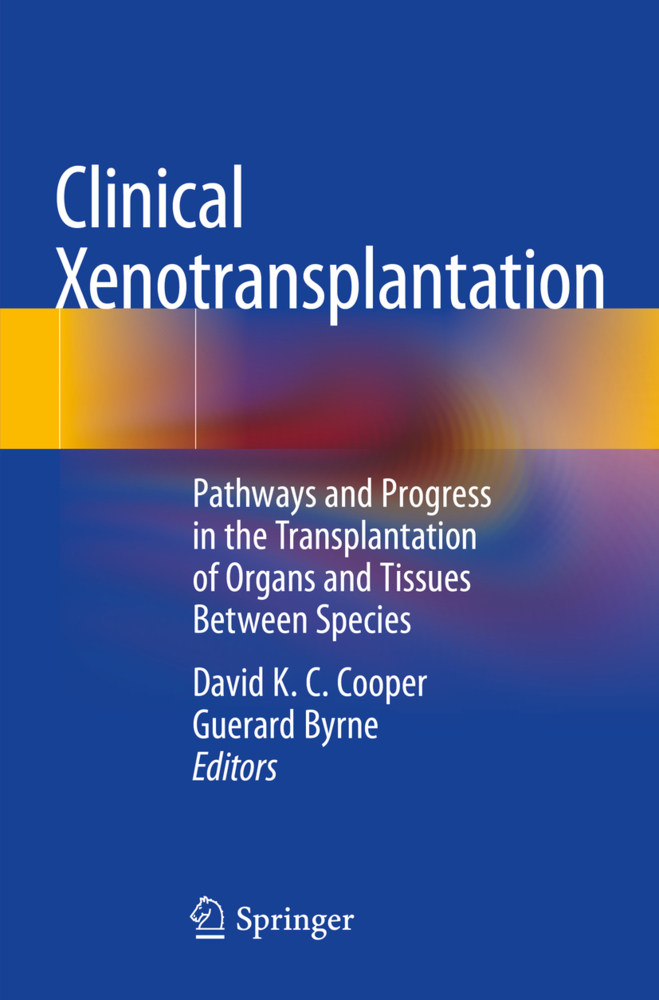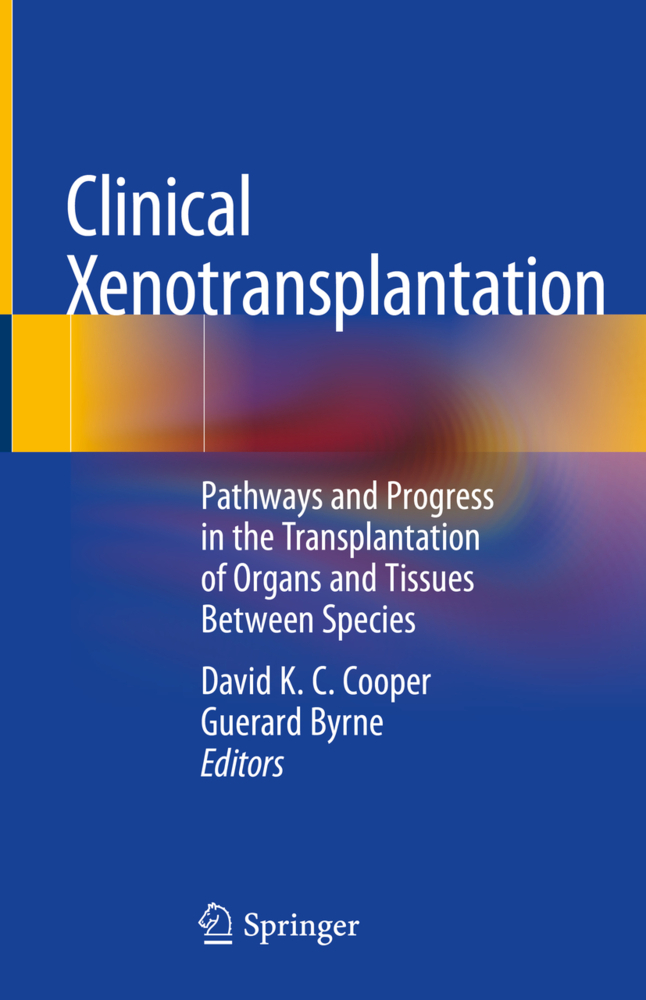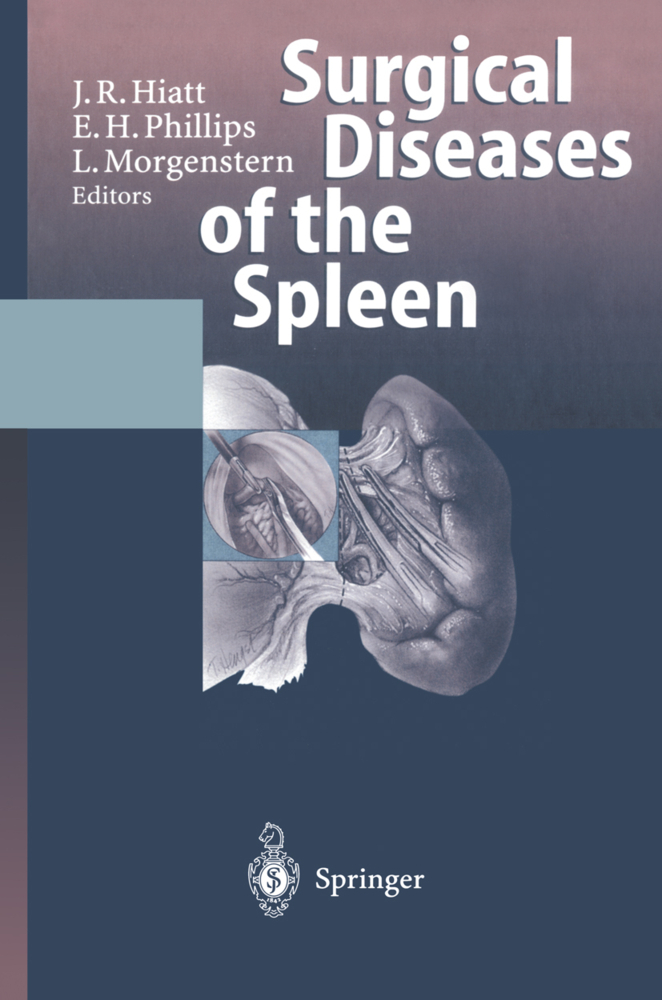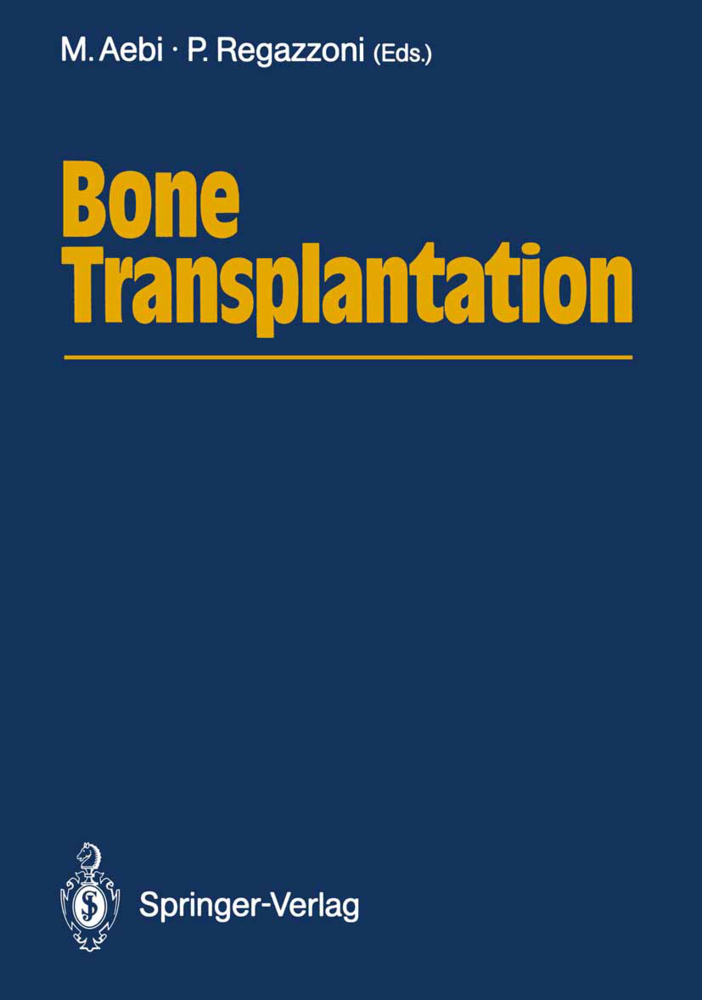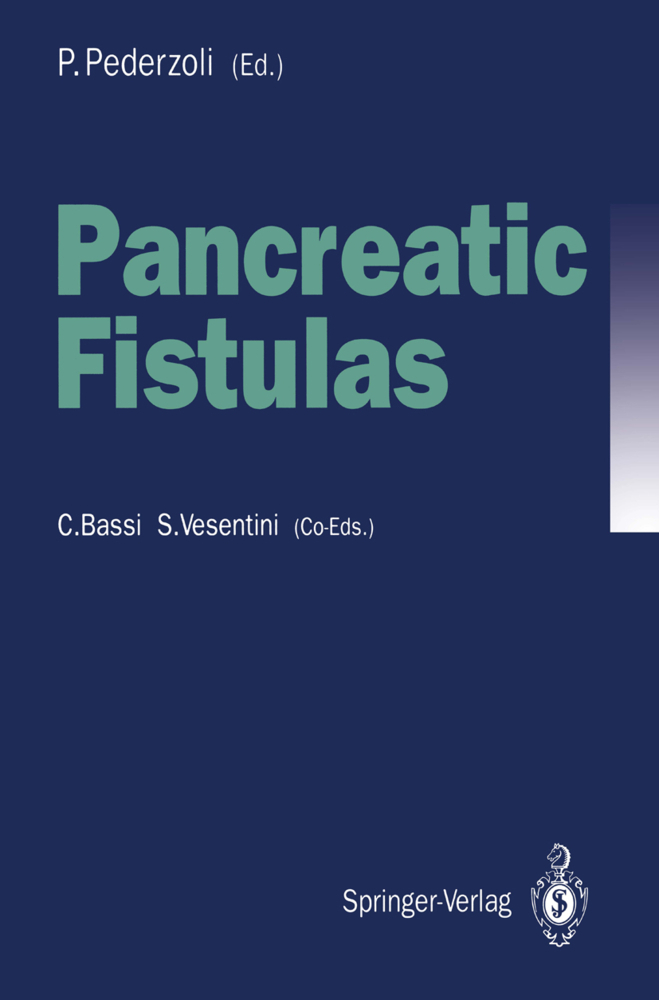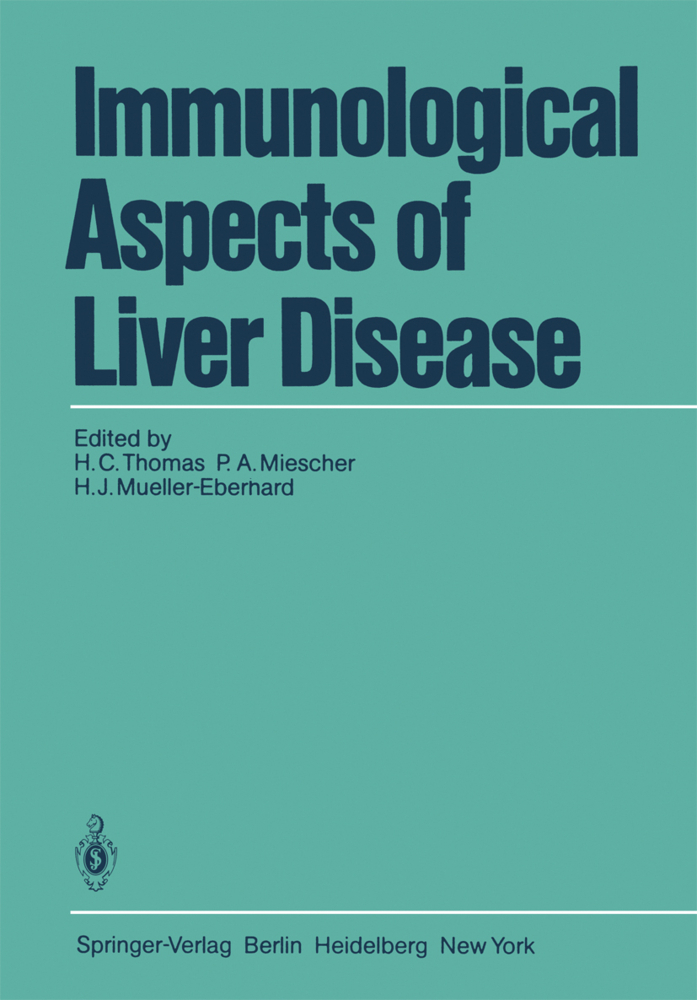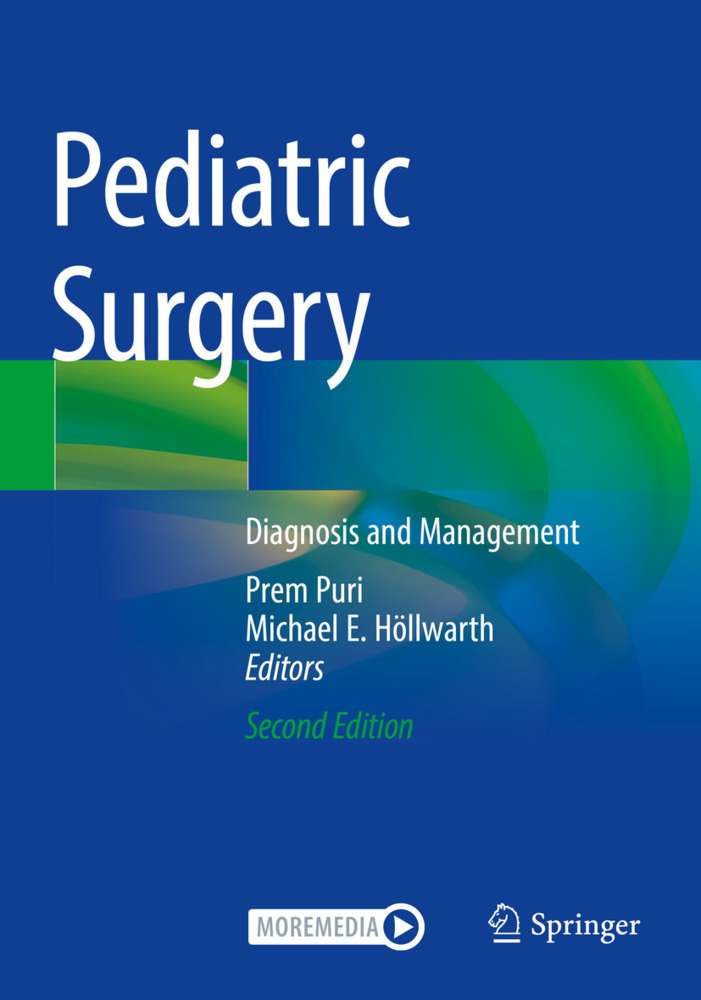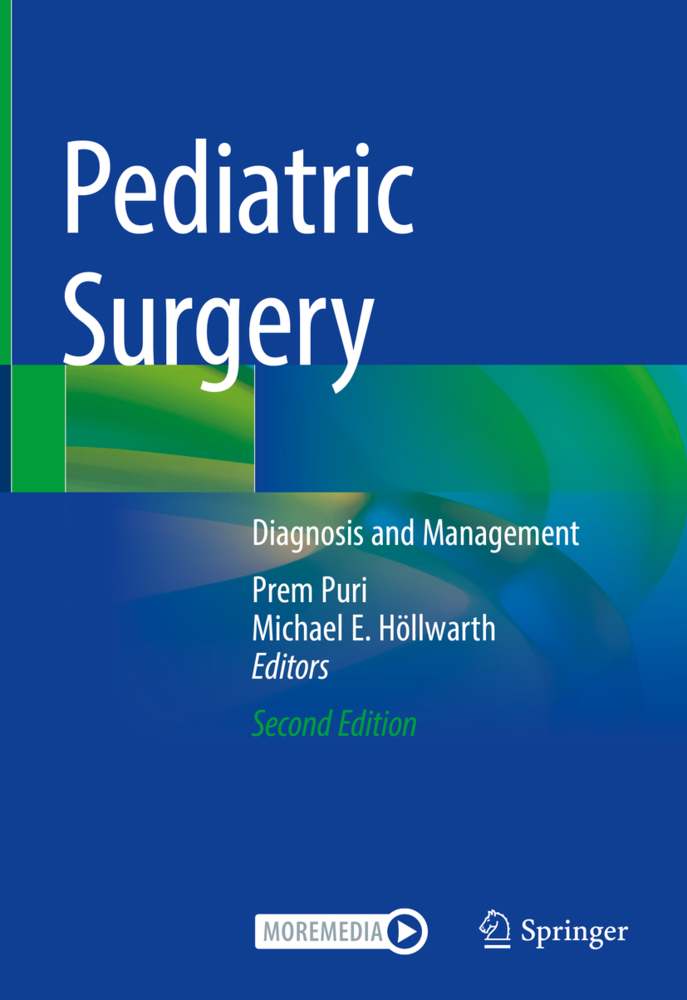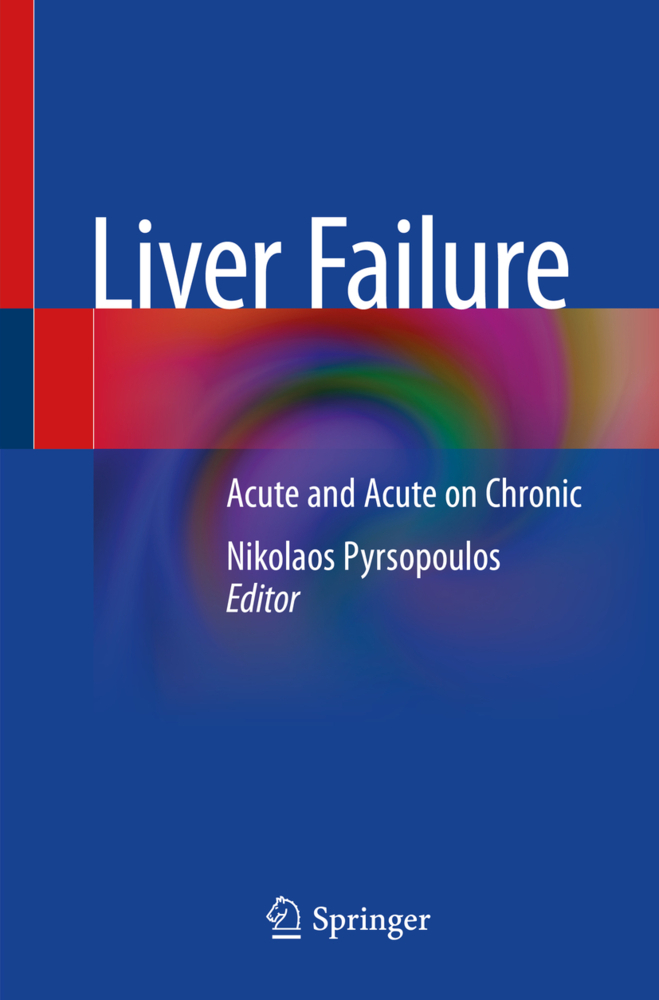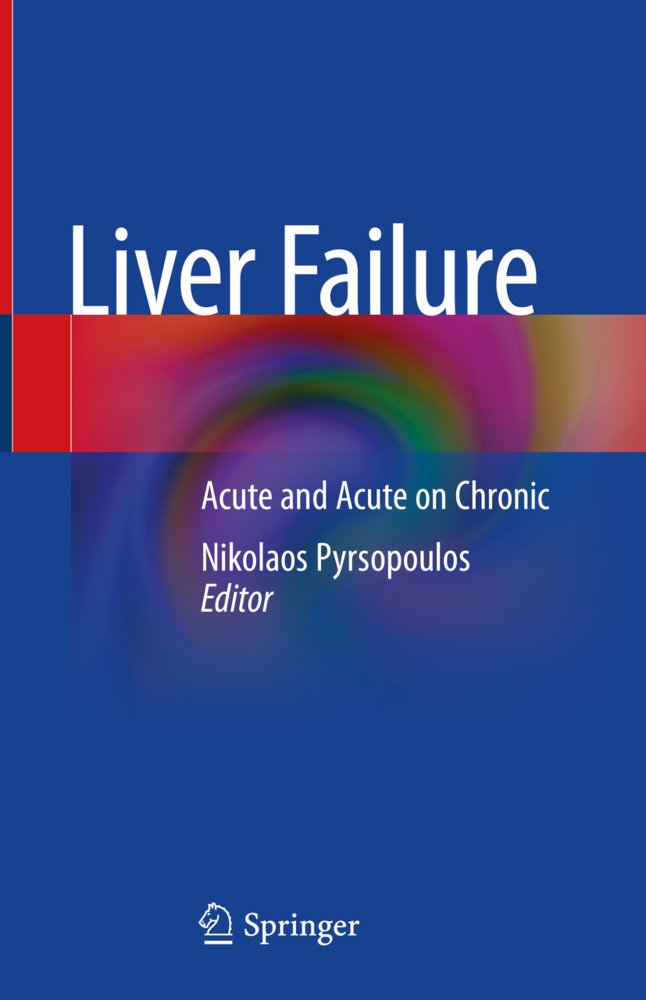Clinical Xenotransplantation
Pathways and Progress in the Transplantation of Organs and Tissues Between Species
Clinical Xenotransplantation
Pathways and Progress in the Transplantation of Organs and Tissues Between Species
This title provides an illuminating examination of the current state of xenotransplantation - grafting or transplanting organs or tissues between members of different species - and how it might move forward into the clinic. To be sure, this is a critical topic, as a major problem that remains worldwide is an inadequate supply of organs from deceased human donors, severely limiting the number of organ transplants that can be performed each year. Based on presentations given at a major conference on xenotransplantation, this title includes important views from many leading experts who were invited to present their data and opinions on how xenotransplantation can advance into the clinic. Attention was concentrated on pig kidney and heart transplantation as it is in regard to these organs that most progress has been made. Collectively, these chapters effectively highlight the many advantages of xenotransplantation to patients with end-stage organ failure, thereby encouraging the mapping of a concrete pathway to clinical xenotransplantation.
The book is organized across 22 chapters, beginning with background information on clinical and experimental xenotransplantation. Following this are discussions addressing how pigs can be genetically engineered for their organs to be resistant to the human immune response through deletion of pig xenoantigens, and the insertion of 'protective' human transgenes. Subsequent chapters analyze complications that arise in practice, comparing allotransplant and xenotransplant rejection. The selection of the ideal patients for the first clinical trials is discussed. Finally, the book concludes with an analysis on the regulatory, economic, and social aspects of this research, including FDA perspectives and the sensitive, psychosocial factors regarding allotransplantation and xenotransplantation.
A major and timely addition to the literature, Clinical Xenotransplantation will be of great interest to all researchers, physicians, and academics from other disciplines with an interest in xenotransplantation.
2. The pathobiology of pig-to-primate xenotransplantation: a historical review
3. Is sensitization to pig antigens detrimental to subsequent allotransplantation?
4. Sensitization to human leukocyte antigens and xenotransplantation?
Pig Kidney and Heart Xenotransplantation in Nonhuman Primates - the Present Position
5. Kidney xenotransplantation in nonhuman primates
6. Cardiac xenotransplantation in nonhuman primates
Organ-source Pig Genetic Engineering and Regulation
7. Gene-edited pigs for xenotransplantation
8. Addressing regulatory requirements for the organ-source pig - a pragmatic approach to facility design and pathogen prevention
Antibody-Mediated Allotransplant Rejection: Lessons for Xenotransplantation
9. Antibody-mediated graft rejection in nonhuman primate models: comparison of sensitized allotransplant and xenotransplant rejection
10. Management of anti-HLA antibodies and acute antibody-mediated rejection
11. Evolving approaches to treatment of allosensitization and antibody-mediated rejection
12. Lessons from ABO-incompatible cardiac allotransplantation in the newborn
Patient Evaluation and Selection for First Clinical Trials of Kidney or Heart Xenotransplantation
13. Defining an "acceptable risk threshold" - who should be the first kidney xenotransplant recipient?
14. Selection of patients for initial clinical trials of kidney xenotransplantation
15. Selection of patients for initial clinical trials of cardiac xenotransplantation
16. Selection of pediatric patients for initial clinical trials of cardiac xenotransplantation
17. Infection in xenotransplantation: organ-source health and patient safety
18. Histocompatibility testing for xenotransplantation
Regulatory, Economic, and Social Aspects of Clinical Trials of Xenotransplantation
19. Xenotransplantation; the FDA perspective
20. Xenotransplantation: a payer's perspective
21. Public perceptions towards clinical trials of organ xenotransplantation
Summation
22. What did the workshop achieve?
The book is organized across 22 chapters, beginning with background information on clinical and experimental xenotransplantation. Following this are discussions addressing how pigs can be genetically engineered for their organs to be resistant to the human immune response through deletion of pig xenoantigens, and the insertion of 'protective' human transgenes. Subsequent chapters analyze complications that arise in practice, comparing allotransplant and xenotransplant rejection. The selection of the ideal patients for the first clinical trials is discussed. Finally, the book concludes with an analysis on the regulatory, economic, and social aspects of this research, including FDA perspectives and the sensitive, psychosocial factors regarding allotransplantation and xenotransplantation.
A major and timely addition to the literature, Clinical Xenotransplantation will be of great interest to all researchers, physicians, and academics from other disciplines with an interest in xenotransplantation.
Clinical and Experimental Xenotransplantation: Background
1. A brief history of clinical cross-species organ xenotransplantation2. The pathobiology of pig-to-primate xenotransplantation: a historical review
3. Is sensitization to pig antigens detrimental to subsequent allotransplantation?
4. Sensitization to human leukocyte antigens and xenotransplantation?
Pig Kidney and Heart Xenotransplantation in Nonhuman Primates - the Present Position
5. Kidney xenotransplantation in nonhuman primates
6. Cardiac xenotransplantation in nonhuman primates
Organ-source Pig Genetic Engineering and Regulation
7. Gene-edited pigs for xenotransplantation
8. Addressing regulatory requirements for the organ-source pig - a pragmatic approach to facility design and pathogen prevention
Antibody-Mediated Allotransplant Rejection: Lessons for Xenotransplantation
9. Antibody-mediated graft rejection in nonhuman primate models: comparison of sensitized allotransplant and xenotransplant rejection
10. Management of anti-HLA antibodies and acute antibody-mediated rejection
11. Evolving approaches to treatment of allosensitization and antibody-mediated rejection
12. Lessons from ABO-incompatible cardiac allotransplantation in the newborn
Patient Evaluation and Selection for First Clinical Trials of Kidney or Heart Xenotransplantation
13. Defining an "acceptable risk threshold" - who should be the first kidney xenotransplant recipient?
14. Selection of patients for initial clinical trials of kidney xenotransplantation
15. Selection of patients for initial clinical trials of cardiac xenotransplantation
16. Selection of pediatric patients for initial clinical trials of cardiac xenotransplantation
17. Infection in xenotransplantation: organ-source health and patient safety
18. Histocompatibility testing for xenotransplantation
Regulatory, Economic, and Social Aspects of Clinical Trials of Xenotransplantation
19. Xenotransplantation; the FDA perspective
20. Xenotransplantation: a payer's perspective
21. Public perceptions towards clinical trials of organ xenotransplantation
Summation
22. What did the workshop achieve?
Cooper, David K. C.
Byrne, Guerard
| ISBN | 978-3-030-49129-1 |
|---|---|
| Artikelnummer | 9783030491291 |
| Medientyp | Buch |
| Copyrightjahr | 2021 |
| Verlag | Springer, Berlin |
| Umfang | XXIX, 306 Seiten |
| Abbildungen | XXIX, 306 p. 82 illus., 59 illus. in color. |
| Sprache | Englisch |

